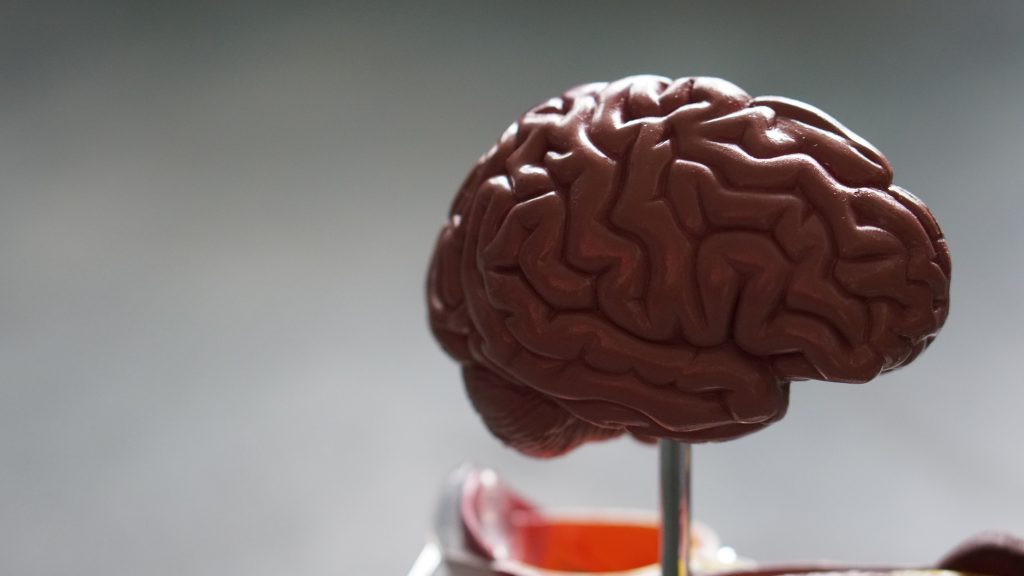An overview on Brain Injuries – and how it impacts you

In Canada, brain injuries are 30 times more common than breast cancer, 44 times more common than spinal cord injuries, and 400 times more common than HIV/AIDS.
Approximately 452 people suffer from a brain injury daily in Canada, which results in one person with a traumatic brain injury every 3 minutes. Brain damage is an injury that causes the deterioration or destruction of brain cells and can be categorized into two types.
Traumatic Brain Injury
This is type of injury is caused by an external force such as a blow to the head, which causes the brain to shift inside the skull or the external force damages the skull.
Acquired Brain Injury
This type of injury occurs at the cellular level and is associated with pressure on the brain, in such cases as a tumour or neurological illness.
Mild brain injuries may be temporary and cause headaches, confusion, nausea and memory problems. Symptoms can be more pronounced and can last longer with a moderate brain injury. With both types, most patients make a good recovery, although approximately 15% of people will have continual problems after one year.
Because of high-risk behaviours, men aged between 15 to 24 are most vulnerable to brain damage. Young children and the elderly are also at a higher risk. Causes of traumatic brain injury include car accidents, falls or accidents, sports injuries and physical violence. Tumours, heart attacks, abuse of illegal drugs and exposure to toxic substances cause acquired brain injuries.
The symptoms of brain damage fall into four categories — cognitive, behavioural/emotional, perceptual and physical.
Cognitive
- Difficulty processing information
- Difficulty in expressing thoughts
- Difficulty understanding others
- Shortened attention span
- Inability to understand abstract concepts
- Impaired decision-making ability
- Memory loss
Behavioural/Emotional
- Irritability and impatience
- Reduced tolerance for stress
- Sluggishness
- Flattened or heightened emotions or reactions
- Denial of disability
- Increased aggressiveness
Perceptual
- Change in vision, hearing, or sense of touch
- Spatial disorientation
- Inability to sense time
- Disorders of smell and taste
- Balance issues
- Heightened sensitivity to pain
Physical
- Persistent headaches
- Extreme mental fatigue
- Extreme physical fatigue
- Paralysis
- Tremors
- Seizures
- Sensitivity to light
- Sleep disorders
- Slurred speech
- Loss of consciousness
If you or a loved one has experienced any of the warning signs listed below, be sure to take appropriate actions and take them to the hospital where they will perform a CT scan and MRI to access the problem.
Signs to Watch Out For
- Can’t recall events prior to or after a hit or fall.
- Appears dazed or stunned.
- Forgets an instruction, is confused about an assignment or position.
- Moves clumsily.
- Answers questions slowly.
- Loses consciousness (even briefly).
- Shows mood, behaviour, or personality changes.
When you or a loved one has sustained a brain injury, you need to focus on healing. The personal injury lawyers at Harris Law understand the extensive and complex needs your loved one has after experiencing a Traumatic Brain Injury – learn how we can help you.




